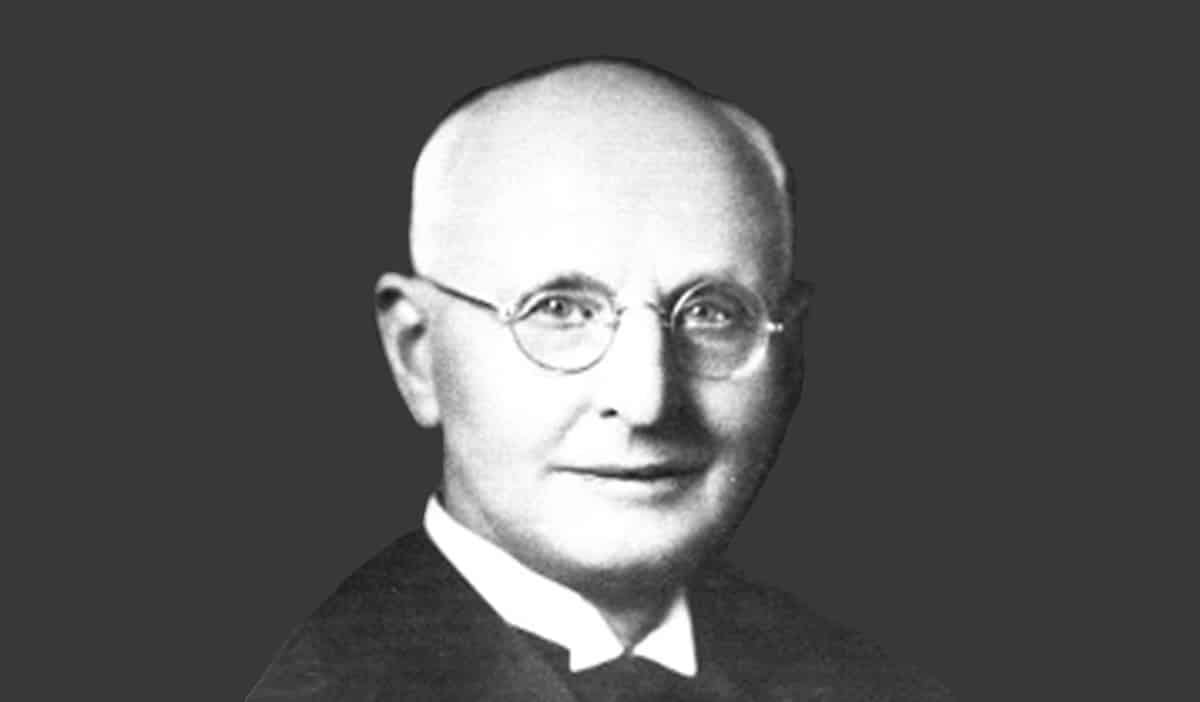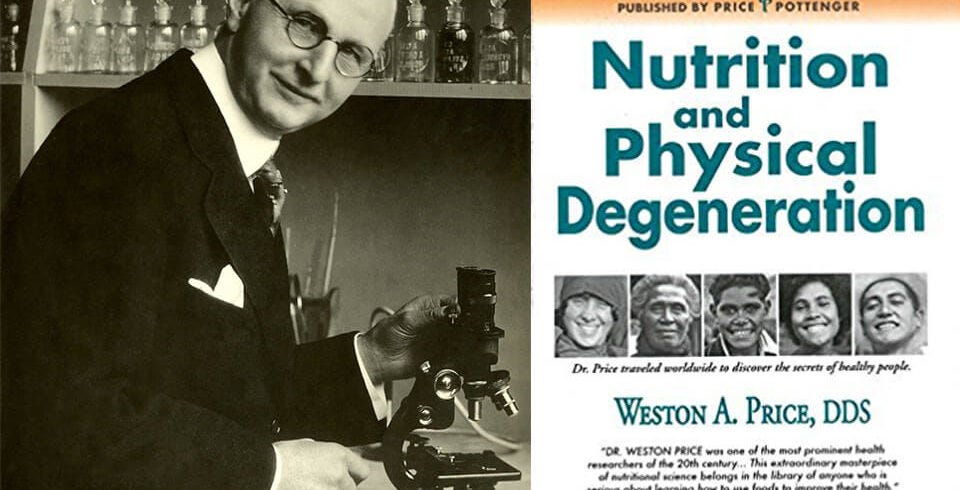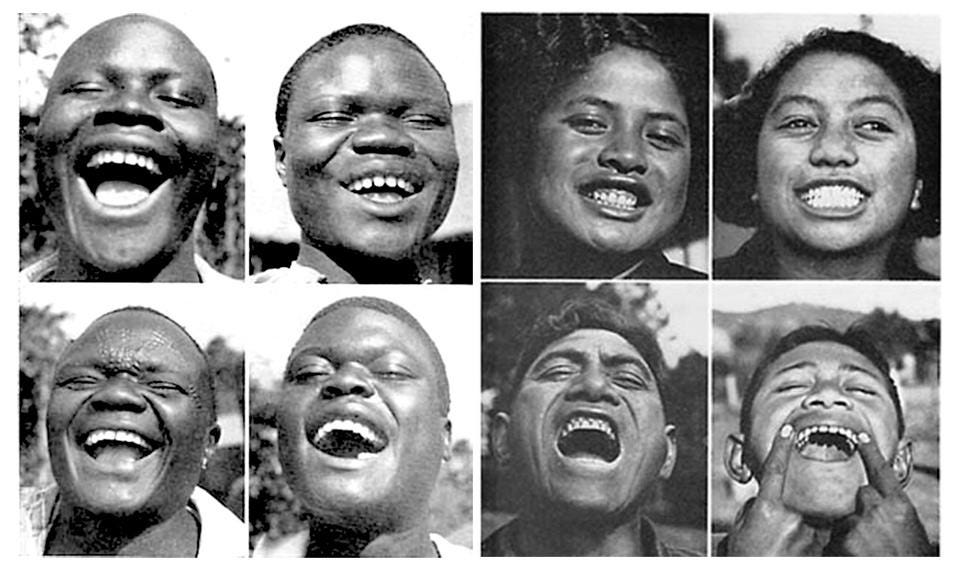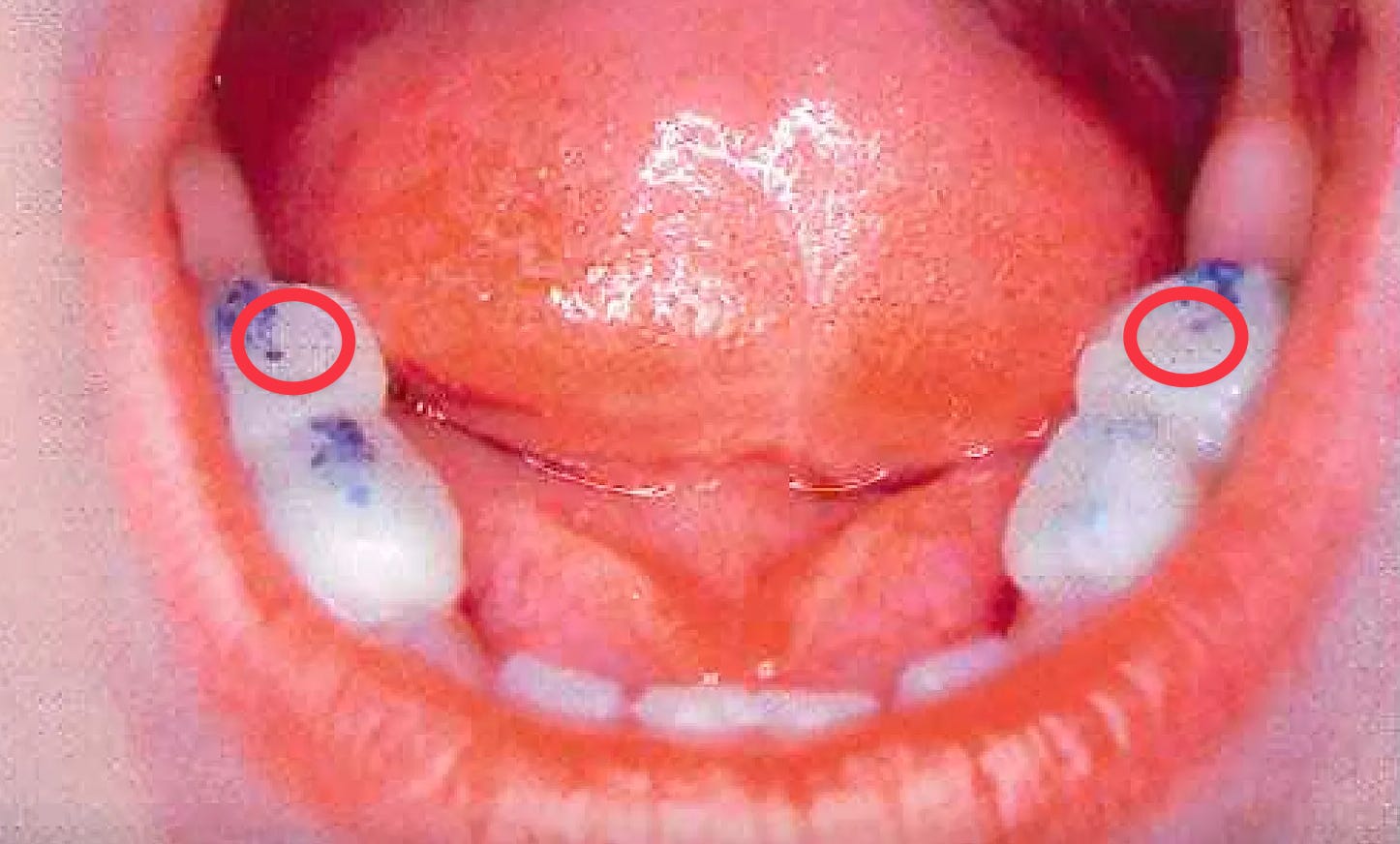Weston Price found that the western diet led to maloclussions
But is it still important if you can just fix it with these biomechanics?
The youtube version
A number of folks have talked about Weston Price in various comments.
And I find this an interesting and a bit complex topic. Because yes I think diet plays an important role in the initial corruption of the teeth and dental arches, but there are also other factors involved.
I actually read his book back around 2016 and was really into his stuff for close to two years. It heavily influenced what we fed my son who was 2-3 years old at the time.
When we first moved to Boston in 2017 I remember making hour-long drives on the weekend to purchase unpasteurized milk. Later on I stopped all of that and basically dismissed all ideas of Weston Price from having any influence on me or my family.
So I wanted to lay out the framework for how I think about all of this in a post.
Who is Weston Price?
Weston Price was a dentist and researcher from the early 1900s who traveled the world studying the dental and physical characteristics of various traditional cultures.
He spent years visiting isolated communities across the globe, from the Swiss Alps to the Pacific Islands, documenting their dietary habits and physical development.
His work was groundbreaking because he systematically compared populations that maintained their traditional diets with those that had adopted modern "Western" foods.
What made Price unique was his scientific approach to documenting these differences, taking thousands of photographs and detailed measurements of dental arches, facial structures, and overall health indicators.
His findings were published in his seminal work "Nutrition and Physical Degeneration" in 1939.
What did he find out?
Price discovered that populations eating their traditional diets had remarkably better dental and physical development compared to those who had adopted Western foods. In traditional communities, he consistently found:
Wide dental arches with plenty of room for all teeth
Nearly perfect natural teeth alignment without crowding
Excellent facial development with strong jaw structures
Very low rates of dental decay
Better overall physical health and resistance to disease
When these same populations began eating processed foods, white flour, and sugar, Price documented a rapid decline in dental and physical development within just one generation.
Children born to parents who had switched to Western diets showed narrower faces, crowded teeth, and increased dental decay.
Is this the reason why teeth and the skull/skeleton collapse?
While Price's work identified an important trigger for the initial decline in dental development, for me its just one piece of a larger puzzle as to why the dental arches get corrupted to begin with.
The Western diet likely helped trigger the downward spiral, but I also think mothers with compensated spines twist their children while still in the womb.
As this was something that the osteopath, Jim Jecman, had told me a fair bit about back in 2018 and it generally sounded pretty legit.
He’d worked on newborns for decades and could tell what compensation the mother had by feeling the baby’s skull as well as predict what malocclusion the child was likely to have later in life.
Also I think there are other factors like the environment the child is raised. Is the air more condusive to mouthbreathing? etc.
It’s honestly still a bit of a black box to me as to which factors play the largest role, but it is not a black box that i put much effort to solve. Because i don’t think you need to. And now i’ll explain why.
Just fix the problem with biomechanics later
So in my experience these biomechanics work regardless of what diet you eat. I’m eating whatever I want for the last 3+ years and improving daily despite a lot of this food being pretty unhealthy.
I’ve tested a bit of eating healthier and i felt zero benefit/impact from it. I had the same energy, mood and immune system regardless of whether i ate crap or i ate healthy. As long as I was wearing a rubber mouthguard to sleep and doing my stretches.
So if you can just fix things later using these simple biomechanics than this to me pretty much nullifies the need to solve the problem of why it happens in the first place.
Regardless of why the child was born with an impending maloclussion… just put composite on his teeth and it will fix. Done.
It’s kind of like trying to understand all of the complexities of how a car works. I don’t need to know. I don’t care about knowing. Because i know that if it breaks I take it to a mechanic. Done.
Closing thoughts
Weston Price made an invaluable contribution by documenting how the Western diet triggered widespread dental and physical decline.
The corruption to the teeth as a result caused the biomechanical collapse that I talk about. It was visible in the skulls and spines of the people he documented back then.
Plus it led to much higher rates of diseases like tuberculosis, ie. the decline of the immune system as I also talk about.
So essentially we were saying very similar things… when the dental arches misdevelop, the skull/spine/health of the person go with it.
And he was over 100+ years before me.
However, in my view these biomechanics basically nullify most of the importance of what he found.
So what if the western diet encourages malocclusions? I personally no longer care.
Because you can anyway just put composite on your child’s teeth and have him wear a mouthguard later and i’m pretty sure it will all fix. You can also do the same to yourself.
Sorry Weston…. I still think you were brilliant for your time. But i have a feeling your work will be nearly irrelevant in a couple decades as the world digests how this stuff works.
Check out our other social channels:
X.com: https://x.com/Kenny516
Medium.com: https://medium.com/reviv-method
Tiktok: https://www.tiktok.com/@getreviv
Facebook: https://www.facebook.com/revivtechnique
Instagram: https://www.instagram.com/egk_reviv/








I have been down the Weston A Price path as well! I’m still there but love hearing your take!
Does Jim Jecman have a website? I can’t find anything but would love to see. I’m curious if mothers can untwist their pelvis before giving birth so their children don’t have such issues later on.
Any resources on this are appreciated! Thanks Ken and so excited for my Reviv to arrive and begin the stretches.
Thank you for writing this article in response to one of my earlier comments about Weston Price. Without going into energy medicine or the human energy field, there are fundamental nutrients that are needed to develop and maintain the biomechanics. Otherwise, there is a lack of healthy bone density or soft issue for a nouthguard to even restore. I asked ChatGPT to get its opinion:
Q: Which nutrients are essential for healthy human skeletal and soft tissue development, without which the biomechanical structure of the body would collapse?
A: "For healthy human skeletal and soft tissue development, the body requires a combination of essential nutrients to maintain its biomechanical structure. These include:
1. For Skeletal Tissue (Bones):
Calcium: Vital for bone mineralization and strength.
Vitamin D: Facilitates calcium absorption and bone remodeling.
Phosphorus: Works with calcium to form the mineral matrix of bones.
Magnesium: Necessary for bone density and proper functioning of vitamin D.
Vitamin K2: Helps regulate calcium deposition, ensuring it goes to bones and not soft tissues.
Protein: Provides the structural framework (collagen) for bone mineralization.
Zinc: Contributes to bone growth and repair.
Boron: Supports bone metabolism and the retention of calcium and magnesium.
2. For Soft Tissue (Muscles, Ligaments, Tendons, and Skin):
Protein (Amino Acids): Essential for building and repairing soft tissue. Collagen, made from amino acids like glycine and proline, is particularly important for tendons, ligaments, and skin.
Vitamin C: Required for collagen synthesis and tissue repair.
Copper: Aids in forming cross-links in collagen and elastin, providing tensile strength.
Omega-3 Fatty Acids: Reduce inflammation and promote tissue repair.
Iron: Necessary for oxygen delivery to soft tissues, supporting repair and energy production.
Selenium: Helps protect soft tissues from oxidative damage.
3. General Nutrients Supporting Both:
Vitamin A: Critical for cell growth and repair in bones and soft tissue.
B Vitamins (especially B6, B9, B12): Play a role in collagen synthesis and red blood cell production, supporting tissue repair and oxygenation.
Manganese: Supports bone formation and connective tissue integrity.
Potassium: Helps maintain cellular function and prevents loss of calcium from bones.
Water: Maintains hydration for cellular health and nutrient transport.
Sulfur: Integral to certain amino acids (e.g., cysteine, methionine) that form connective tissue.
A deficiency in any of these nutrients can compromise the strength, flexibility, and repair capacity of the skeletal and soft tissues, leading to conditions like osteoporosis, weakened tendons and ligaments, or impaired wound healing."
I suspect that your "crap diet" in Thailand is still healthier than an American diet, so you're getting the right nutrients to maintain the cranial structure. If all your teeth fell out due to a truly crappy American diet, no mouthguard would help. :)
By the way, when I had an osteopath back in 2016, he asked me one of the most eye-opening intake questions ever: "When you were born, did your mother have a natural childbirth or Caesarean section?" I had to ask my mom, and she said it was a complicated emergency C-section. So I definitely experienced birth trauma as well as orthodontic trauma.